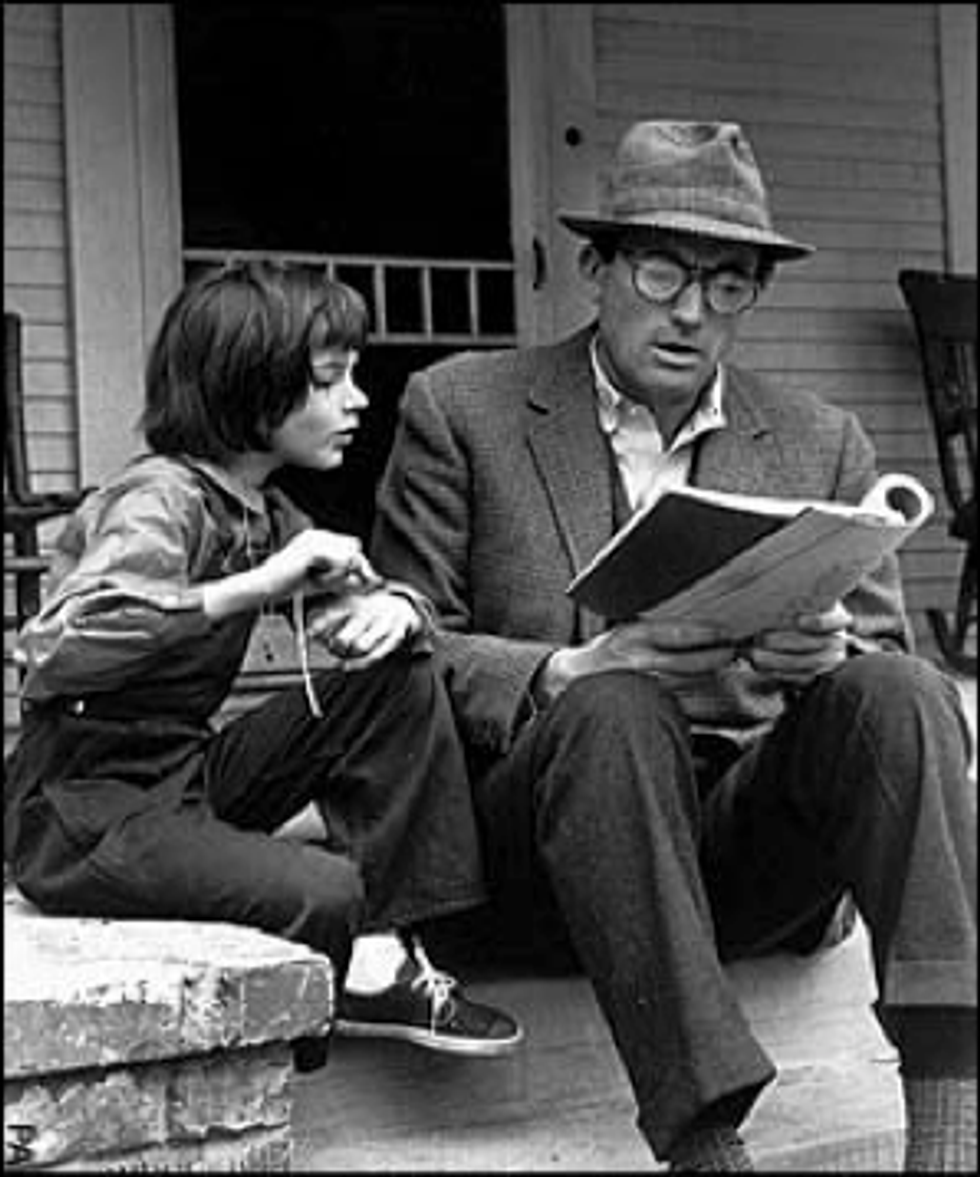Harper Lee’s novel, To Kill a Mockingbird, has taught generations to strive to make a difference when change seems unlikely. Lee communicated the importance of true compassion and the dangers of false assumptions withing her writing. Her novel confronted racial tensions in the Southern United States through an unlikely source: the eyes of a child.
Lee, who was born in Monroeville, Alabama in 1926, was no stranger to these tumultuous race relations. She wrote what she knew. In many ways, To Kill a Mockingbird parallels her own childhood. Her experiences growing up in the South and her father’s career as a lawyer heavily influence the characterization and themes of the novel.
Although she never expected her novel to garner much attention or success, To Kill A Mockingbird (published in 1960) was immensely successful and won Lee a Pulitzer Prize in Fiction. In 1962, the film adaptation of To Kill a Mockingbird was released, winning three Academy Awards. The American Film Institute named Lee’s character Atticus Finch (portrayed by actor, Gregory Peck) the "Greatest Movie Hero of the Twentieth Century." In 2015, Lee released a “first draft” of To Kill a Mockingbird entitled, Go Set a Watchman, which explores the story from Scout’s adult perspective.
To Kill a Mockingbird remains one of the most significant texts in Southern American Literature. According to the New York Times, Library Journal declared it the "Best Novel of the Twentieth Century." Its legacy remains, encouraging readers to discover true courage and to “walk in someone else’s skin.”
Harper Lee (1926-2016)

























